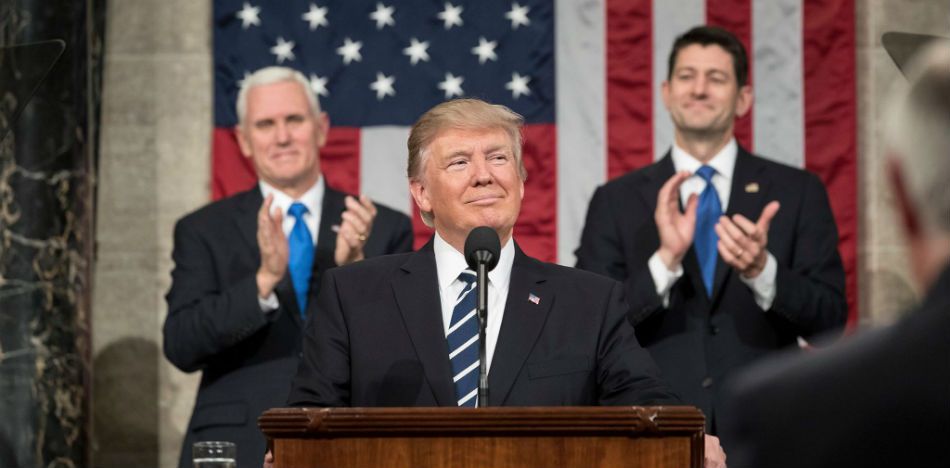
EspañolUnited States President Donald Trump revealed plans for renegotiating the North American Free Trade Agreement this Monday, July 17, and though much of it wasn’t new, he made clear that the US is seeking to balance trade with Mexico through various strategies, including updated trade regulations and tariffs.
Those goals were laid out in a 17-page document titled “NAFTA Renegotiation Objectives,” which was submitted to the US Trade Representatives, the government agency responsible for evaluating US trade policy.
Mexico more or less welcomed the goals the US laid out, saying they were a good first step for the renegotiation talks, which will officially begin August 16.
The document stressed the importance of the United States being able to impose various trade measures involving anti-dumping and countervailing for incoming goods competing with domestic industries.
USTR Releases #NAFTA Negotiating Objectives: https://t.co/RMS134T42Z
— USTR (@USTradeRep) July 17, 2017
“These mechanisms, in particular chapters 11 and 19, are an insurance policy critical to US agriculture and US investors in general, helping to ensure that US companies operating abroad to have the same level of protection in foreign markets they would receive in the United States,” said a representative of Cargill, a Minnesota-based, multi0national corporation dealing in everything from food to energy.
Another US goals involves regulating exchange rate manipulation.
- Read More: Trump Doubles Down on Plan to Make Mexico Pay for Border Wall during G20 Meeting
- Read More: Mexico’s War on Drugs Has Cost $50 Billion, and Countless Lives
“By means of an appropriate mechanism, we want to ensure that the NAFTA countries avoid manipulating exchange rates and thus prevent an effective adjustment of the balance of payments and gain an unfair competitive advantage,” the document said.
However, Secretary of Economy of Mexico Ildefonso Guajardo said the US’ insistence on reducing trade deficits is worrisome.
“I have insisted that we review trade balances while focusing on how to improve them through trade expansion, not through trade reduction,” he said during a TV interview this week.
Guajardo also said there is “nothing new” in what was revealed Monday by the US.
“Everything we heard in public debates and testimonies and interviews … Virtually nothing is surprising in that document.”
Sources: El Economista, El Financiero
 Versión Español
Versión Español












